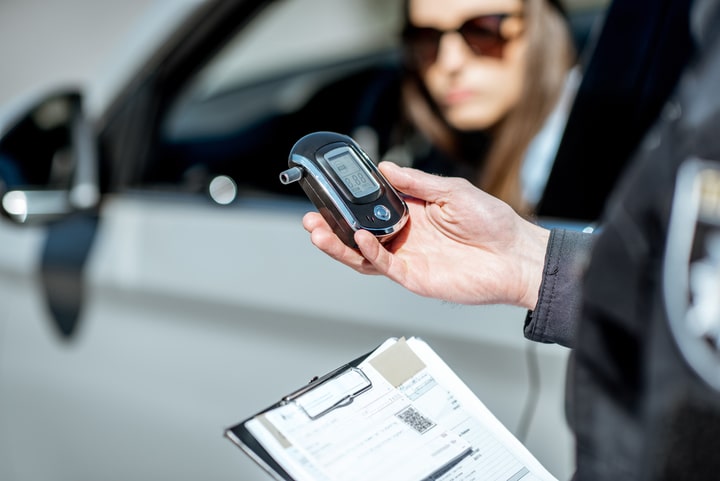
Arrested For A DUI In Omaha? Learn How Our DUI Attorneys Can Help You
For over 25 years, Omaha DUI lawyer Thomas M. Petersen of Petersen Criminal Defense Law has been defending individuals who receive DUI charges in Omaha and throughout Nebraska.
As a result of his dedication to defending his clients, Attorney Petersen was recently one of the top 50 DUI attorneys in Nebraska.
If you have been charged with an Omaha, Cass County, or Sarpy County drunk driving offense, contact our Nebraska DUI defense team today.
Call 402-235-4283 or by fill out our online contact form for a free evaluation of your case.
NEBRASKA DUI TOPICS COVERED HERE
- How Much Does a DUI Cost?
- What Happens When You Get a DUI Under 21?
- 5 Reasons You Should Fight a DUI Conviction
- Should I Get a Lawyer for My First DUI Offense?
- Are DUI Checkpoints Legal in Nebraska?
- What to Do When You Get a DUI in Nebraska
Nebraska DUI Offenses
We offer free consultations for people charged with drunk driving.
Not everyone needs an attorney, and we will tell you at the end of our first consultation what benefits you can expect by hiring one.
Sometimes there are limited benefits, and we will not take your case in those circumstances.
As you read through our site, we hope you get a sense of how your case will be handled, why we practice DUI defense, and that you notice a friendly approach sometimes missing in many law practices today.
You owe it to yourself and your future to take advantage of our free, no-obligation consultation to find out if a lawyer can help.
If you have a DUI charge in Nebraska, there may be more at stake than you realize.
A DUI conviction can negatively impact your life for years to come by raising insurance rates, disqualifying you for job offers, or even impacting visitation with minor children.
Whether it’s your first, second, third, or fourth DUI we can help. Different DUI penalties come with different consequences. We can help you navigate these.
You need an attorney who understands what is at stake and who will fight for you.
Attorney Thomas M. Petersen is that attorney. As a defendant in a criminal proceeding, you have a number of rights.
Chief among those rights is the right to counsel.
By exercising your right to counsel and retaining the services of attorney Thomas M. Petersen you can rest easier knowing that all of your other rights will be protected throughout your case.
Why Choose The Omaha DUI Attorneys At Petersen Criminal Defense Law?
Many attorneys advertise that they handle DUI cases.
But not all attorneys focus their practice on defending individuals accused of driving under the influence offenses.
When your future is on the line, you require someone by your side who knows the system, understands the law, and is dedicated themselves to defending you. Thomas M. Petersen is that attorney.
At Petersen Criminal Defense Law we go the extra mile for our clients.
- We answer our telephones 24 hours a day, seven days a week.
- We will meet with you in the evening or on the weekend when necessary.
- Additionally, we promise to listen to your concerns, keep you informed, protect your rights, and aggressively defend you and your rights.
At Petersen Criminal Defense Law, we commit to defending our clients throughout the prosecution of their case and beyond.
Our competent and compassionate team will zealously represent you to ensure that your rights get protection and that your case reaches a fair and just resolution.
For a free initial consultation for your Omaha or Sarpy County, Nebraska DUI case, contact the team today by calling 402-235-4283 or fill out our online contact form.
Because we understand that a DUI arrest doesn’t always happen during normal business hours, you can reach us day or night, seven days a week for immediate assistance if a loved one has been arrested and is being held in custody.
Be sure to indicate that you need the 24-hour Jail Release Assistance service.
